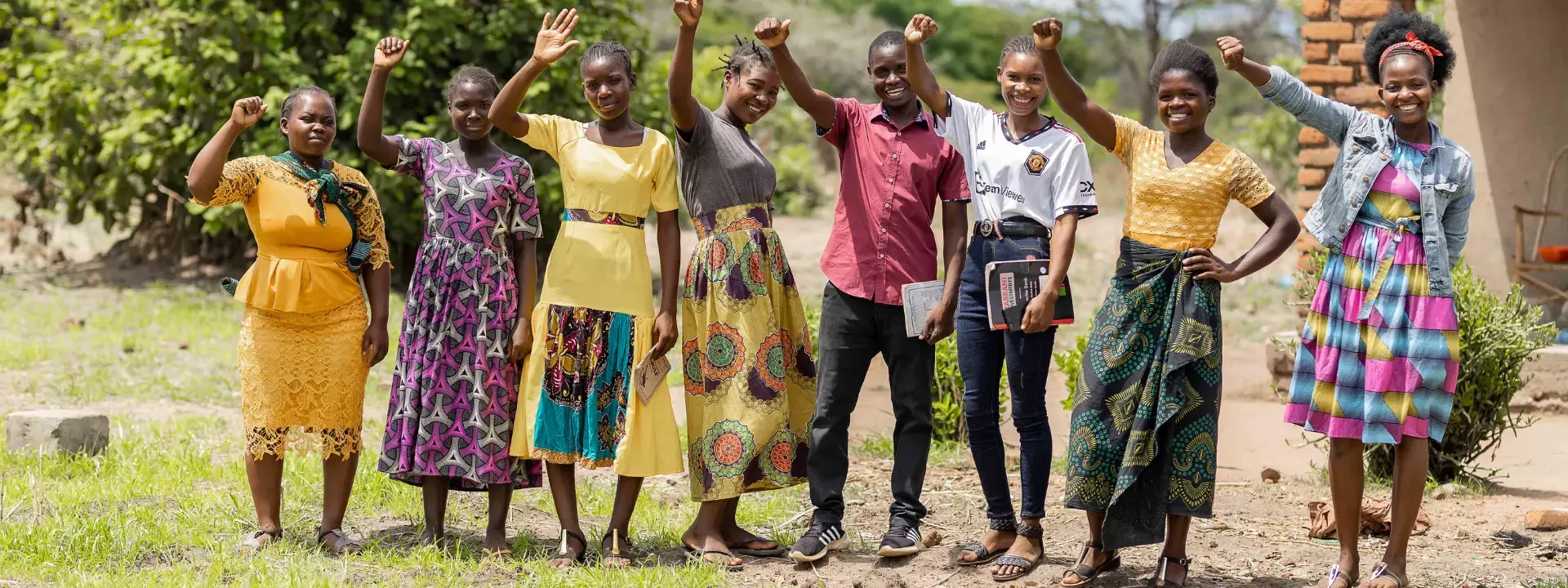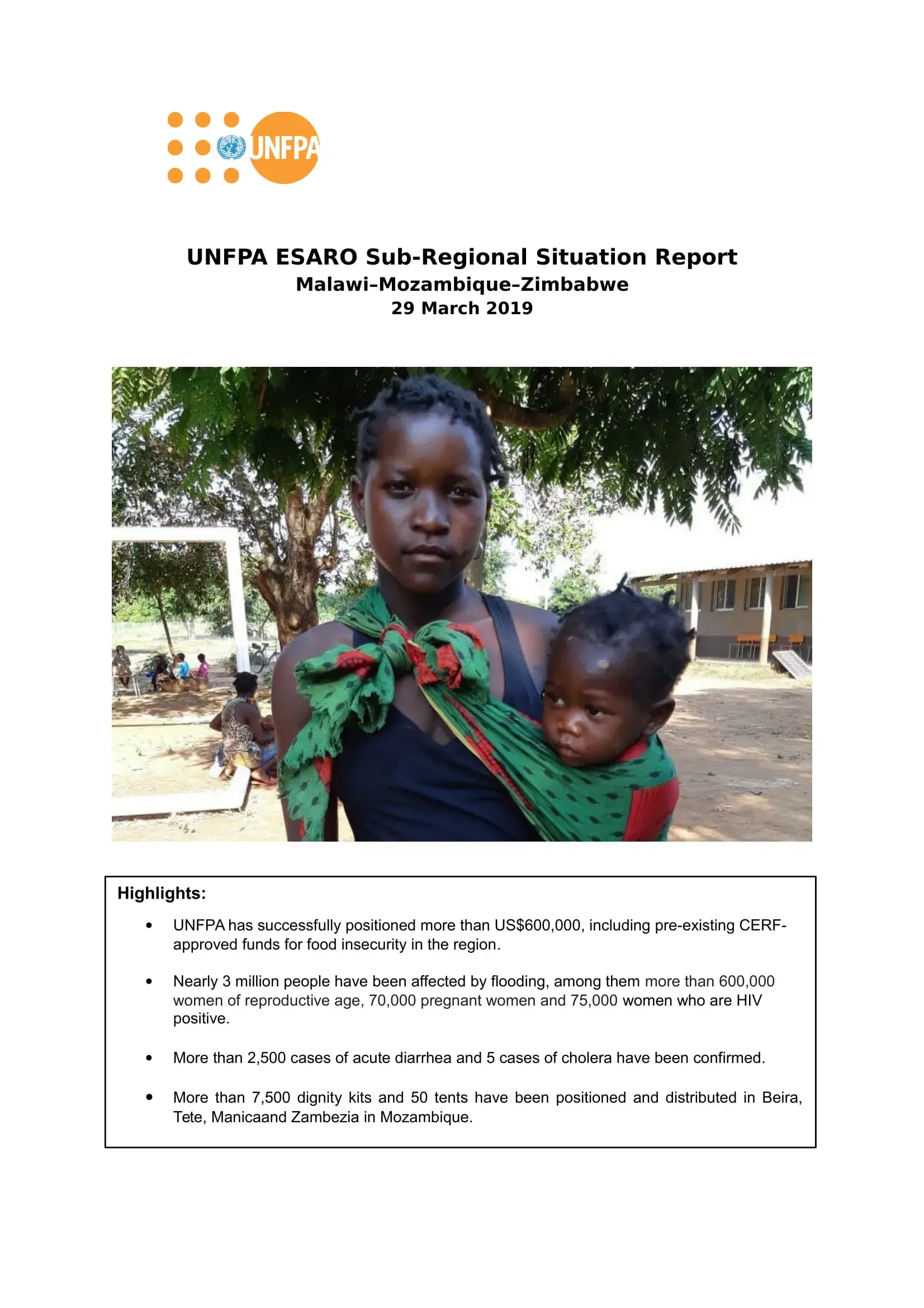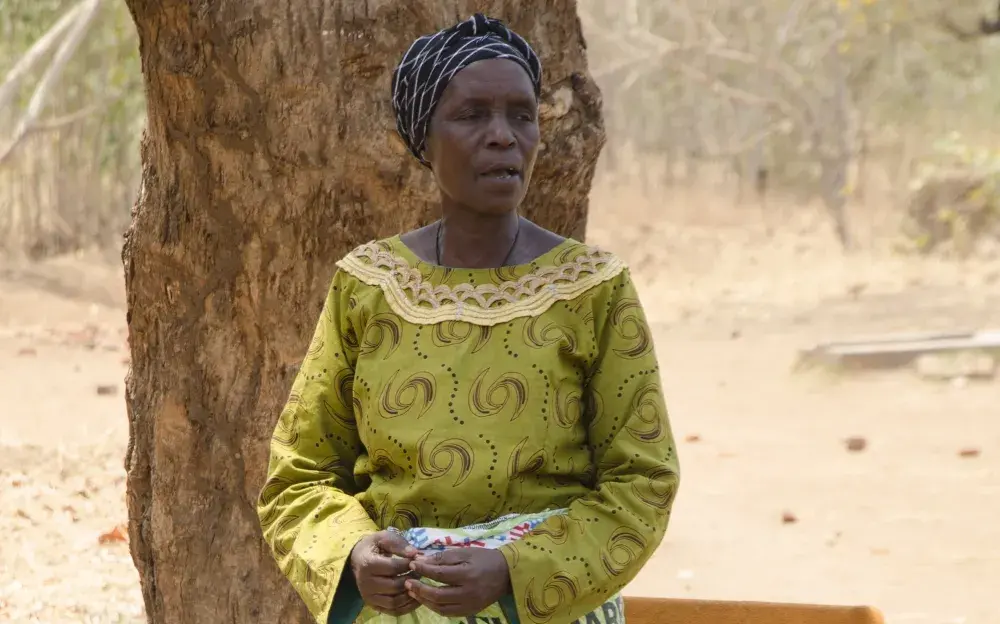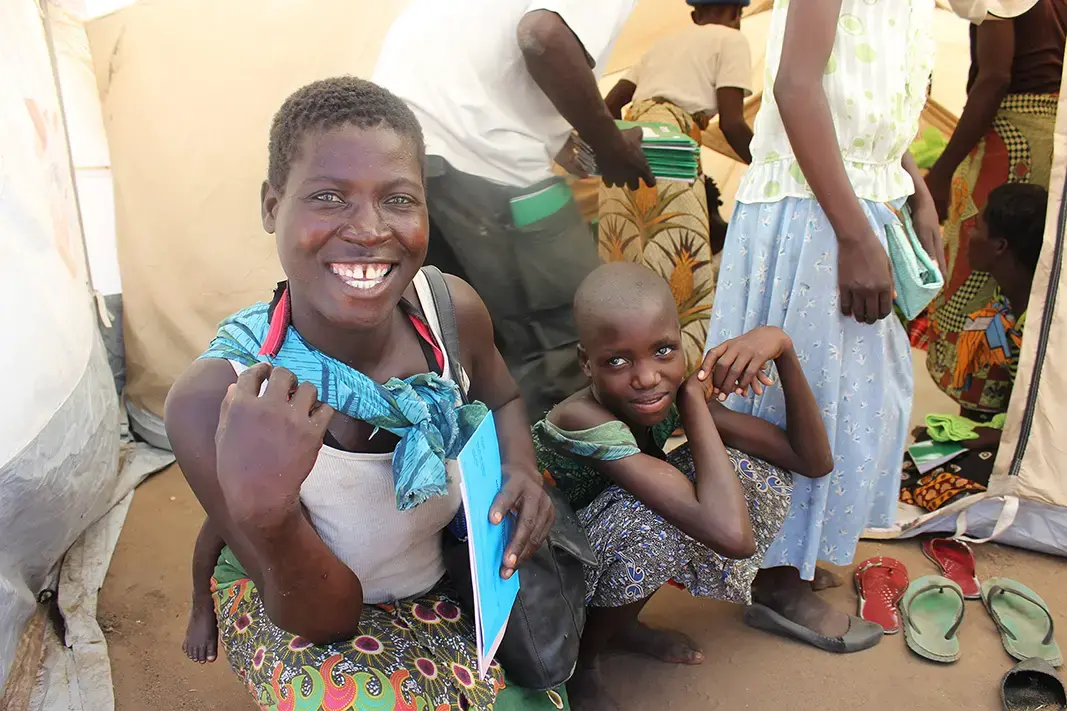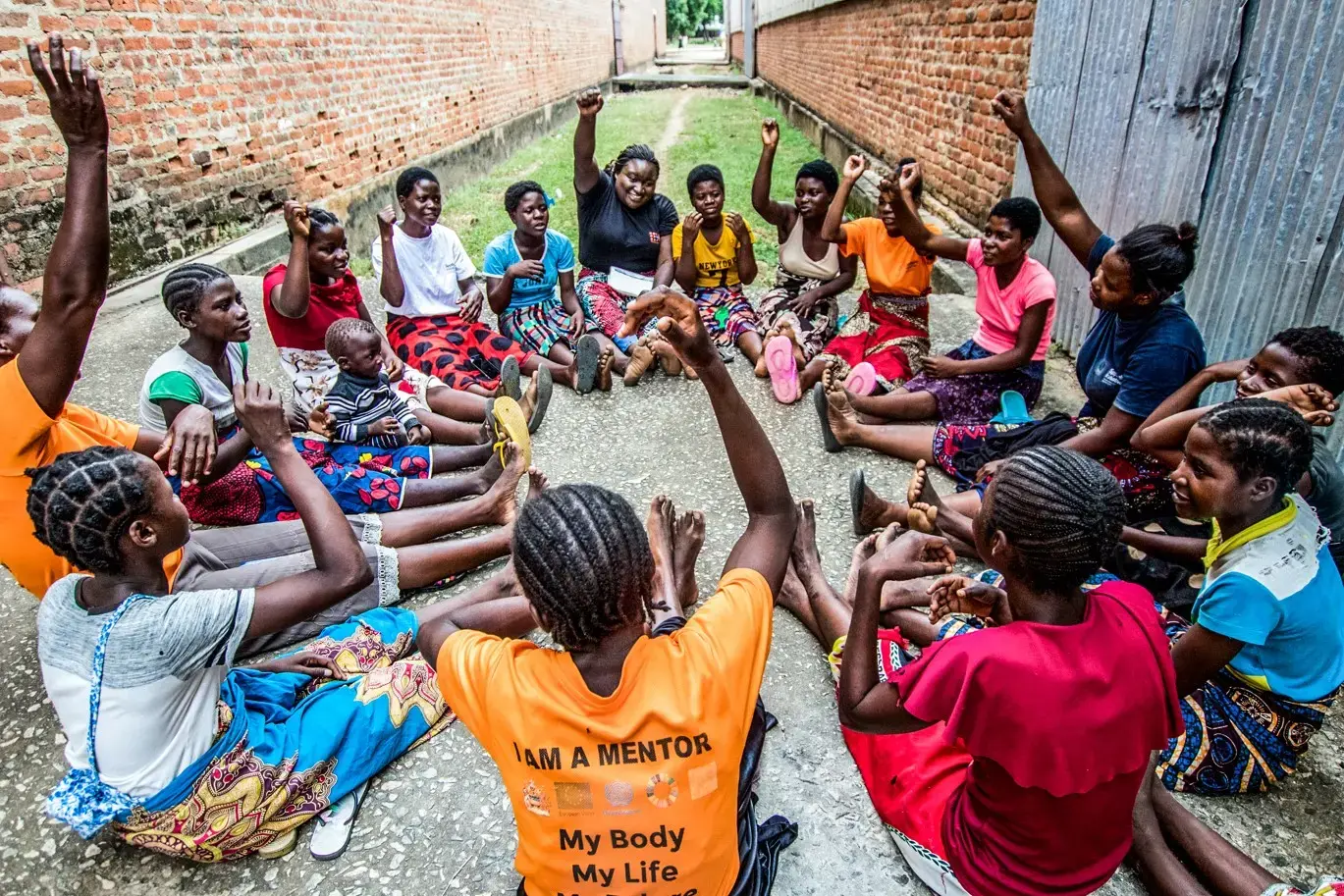Human rights are universal, which means that they apply to all human beings. They are also inalienable – they cannot be given voluntarily nor taken away by force.
For UNFPA, it is critical to increase the availability and use of integrated sexual and reproductive health services (including family planning, maternal health and HIV). These must be gender-responsive and meet human rights standards for quality of care and equal access.
UNFPA prioritizes the availability of comprehensive sexual and reproductive health services. This includes modern methods of contraception and family planning, post-abortion care, skilled birth attendance, midwives, and emergency obstetric care.
When it comes to provision of services, it is critical that they are available for access by all groups – including those who often find themselves marginalized, such as adolescents, women living in poverty, rural populations, sex workers, people with disabilities and migrants. There is thus a need to ensure quality of care and that service providers are qualified.
Human Right Violations
In Malawi, major human rights violations include violence against women and girls, with heightened vulnerability in humanitarian crises; lack of information on sexual and reproductive health and rights or access to these services, especially for young people; lack of educational advancement leading to economic opportunities, especially for girls; discrimination against marginalized populations, such as sex workers; and harmful traditional practices affecting women and girls, such as child marriage.
By violating their rights, these groups are more vulnerable to risks associated with poor sexual and reproductive health, such as adolescent pregnancy and associated deaths and disabilities; HIV and sexually transmitted infections (STIs).
UNFPA’s response
One of UNFPA’s top priorities is empowering vulnerable groups, such as women and young people, and key populations, in respect of their right to quality reproductive health services and education.
In Malawi, the Fund works to:
- Advance gender equality, women’s and girls’ empowerment, and reproductive rights, including for the most vulnerable and marginalized women, adolescents and youth;
- Emphasize advocacy for and implementation of appropriate laws and policies;
- Promote men’s and boys’ engagement through civil society organizations and networks.
This includes the need for reliable data on population, reproductive health and gender, which is lacking for most countries in the region.
UNFPA works to strengthen national protection systems for advancing reproductive rights, promoting gender equality and non-discrimination, and addressing gender-based violence. This includes reviewing and developing tools for integrating human rights in SRH and GBV laws, policies and programmes.
Improvement of reproductive and sexual health goes far beyond the right to life and the right to health of women and girls. It directly affects equitable and sustainable development, and the attainment of the Sustainable Development Goals, SDGs.

